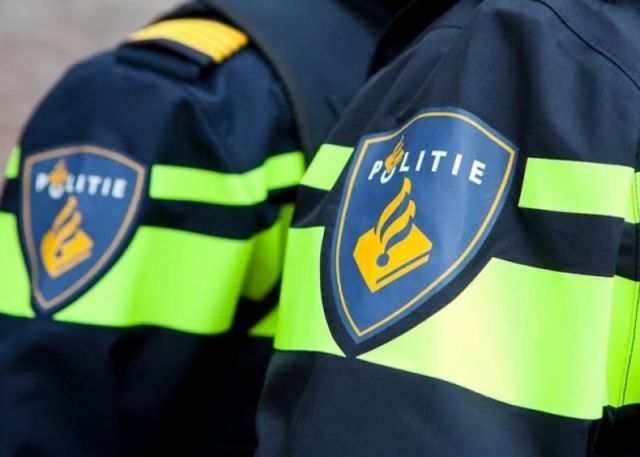In some ports, like Rotterdam and Antwerp, much more attention has been given to drug crime recently. It is increasingly clear that workers in various activities, such as terminals, container depots and warehouses are vulnerable. Criminal groups actively try to get these workers to work for them. Given the huge ‘street value’ of drugs, the financial benefits for the workers are huge.
Yet it does not stop there, crime groups also seek to force such workers into cooperating with them through extorsion and threats. Such efforts of organised crime increase when the options to traffic drugs without ‘people on the inside’ become less attractive, for instance because of improved physical barriers in port areas.
A recent study in the port of Rotterdam found an enabling role from workers in all the police investigations that were studied. The role of corrupted port workers may range from a relatively small role through passing on information about the whereabouts of ships or containers to more active roles such as facilitating access or moving containers to specific places.
The active efforts of organised crime to ‘recruit’ workers may reach such levels that an active approach may be called for, as simply relying on the police to fight crime is not good enough. While I have no expertise on fighting crime at all, to me it seems sensible to identify groups of workers in ports that are vulnerable to such recruitment practices and to develop a special ‘regime’ for them.
Such a special regime may be able to protect them better and may also increase the risks associated with recruitment efforts for organised crime. While there may be all kind of legal barriers that I am ignorant of, such a regime could consist of upfront screening of new workers as well as monitoring such workers and encouraging incentivising them to report recruitment efforts.
Such a regime requires formalised cooperation between the involved companies, workers (represented by their unions) law enforcement entities and the port authority. While such efforts can be viewed as Orwellian state control, one could also think of them as efforts to protect vulnerable workers from increasingly active and sometimes aggressive crime groups.
First published @Port Strategy













